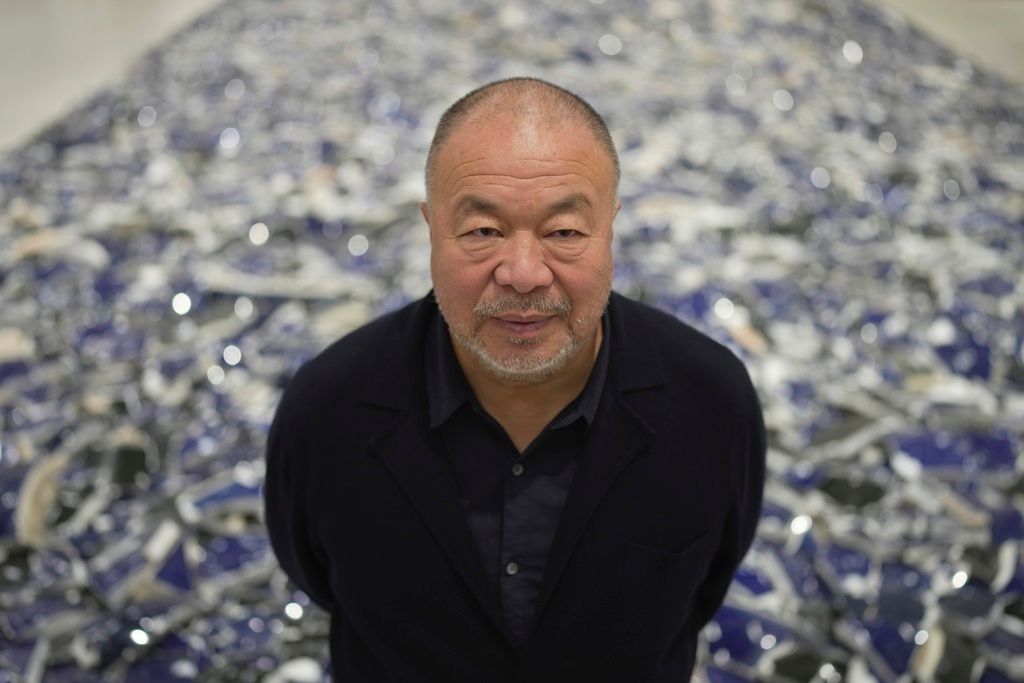In an interview with Sky News on Sunday, exiled Chinese artist Ai Weiwei drew a clear comparison between political censorship in Western countries and the restrictive climate he faced in Mao Zedong’s China.
Weiwei, whose exhibition at London’s Lisson Gallery was canceled in November, argues that the suppression of opinions and viewpoints in Western countries reflects the repressive environment in which she grew up under Mao Zedong’s rule.
Weiwei’s exhibition faced cancellation following his social media comments about the Israel-Hamas war. His now-deleted post suggested transferring “guilt over the persecution of Jews” to the Arab world.
He also cited the influence of the American Jewish community across media, finance, and culture, and emphasized the “community of common destiny” with Israel, which is supported by the large amount of military aid it receives each year.
Mr. Weiwei spoke about the current state of freedom of expression and expressed concern about the cowardice prevalent in society, where individuals are reluctant to ask questions or participate in discussions. He cited examples of individuals being fired or censored for expressing their fundamental opinions.

Weiwei said: “Today we see so many people expressing basic opinions, and they get fired or censored. This has become very common. That’s true.”
Weiwei criticized the suppression of different attitudes in Western universities, the media, and various fields, drawing on his own experience growing up under strict political censorship in China.

He described the trend as reminiscent of a “cultural revolution” aimed at silencing people with different viewpoints.
Weiwei expressed disappointment with Western artists, claiming that many artists are “corrupted by capitalism” and prioritize economic gain and fame over protecting freedom of expression.
